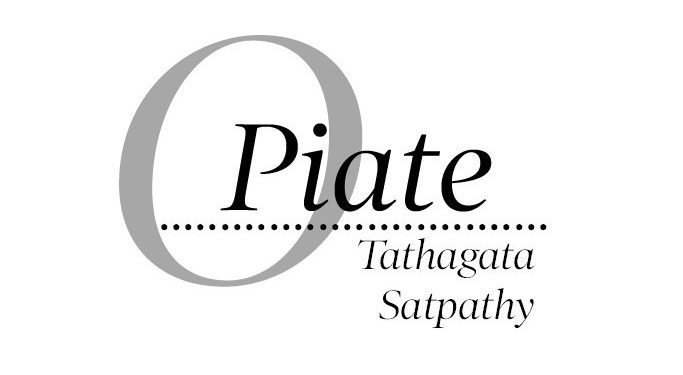Facebook Inc. has been in news recently. Not just in India but globally. Recent history has shown the company in a very poor light in its own motherland, the United States of America. With the November 2020 Presidential election campaign picking up, this social media platform has been facing intense flak due to its lenient attitude towards hate mongering and violence propagating users supporting incumbent President Donald Trump. While many other SocMed platforms, including Twitter, have either blocked such handles or are flagging them to caution other users about possibilities of fake news being spread by them, Facebook remained steadfast in its opinion that it will not interfere with the freedom of millions of its users.
However, very recent reports suggest the company might be buckling to intense pressure from social activists backed by major US corporates who have withdrawn their advertisement support to Facebook, protesting against its hideous policy of tolerating racism, hate and violence.
In India, the story of Facebook is unraveling in quite a similar pattern. Facebook boasts of nearly 300 plus million users from India alone. In a recent report, the Wall Street Journal (WSJ) has highlighted the use of the platform to spread hate, divisiveness and violence against minorities and political opponents by the ruling BJP. The WSJ report claims many employees of Facebook in India allege favoritism is being shown to the ruling party. They have cited the instance of hate postings by a BJP MLA, T Raja Singh, who had said Rohingya Moslems should be shot, called Moslems traitors and threatened to raze mosques. It is said Facebook watches such users for some time and if the employees charged with policing the platform were satisfied that such postings and the real world activities of the concerned users were converging, then they could ban those users permanently. The biggest threats were designated as Dangerous. Singh and few other right wing users in India had already qualified for that label by the company’s internal system of checking. However, no action was being taken by Facebook since long.
The Policy Head of Facebook in India, Ankhi Das, has been reported as saying that ‘any such action of punishing violations by politicians from Modi’s party would damage the company’s business prospects in the country.’ While Das’ concern, as a devoted employee, for the well being of her company is understandable yet the social damage being inflicted on India is not. Unlike the US and some other countries India, unfortunately, does not possess a corporate culture that would stand up for social harmony. Business in India has always aimed at robbing and plundering the nation. Never has it been known to involve itself in positive action to help create a stable, peaceful and progressive society. Therefore big Indian commercial advertisers have kept a distance from the present bickering concerning Facebook and its behavior. This helps people like Ankhi Das to feel they are insulated.
Facebook Inc., no doubt, has an uphill task of monitoring such voluminous postings and is expected to adopt disciplinary actions. A truly tough job when the user base runs into millions.
These are some of the dark sides of modern technological advancements. On one side, the world might be shrinking as communications become faster but on the other side the evil plans of people out to destroy civilized life cannot be wished away. We have to learn to live with these elements in the future. For instance, religious bigotry and intolerance have been integral parts of human nature for centuries. Whether it is good or bad can only be decided by people who are on this or that side. There surely is no direct method to judge. The judgement becomes relevant only when such personal beliefs of one individual (or a group) infringes on the life and independence of other individual(s). Facebook, being one of the biggest SocMed platforms, has to ensure that it does not get used by any element that means harm to others. Unwillingness to do so is criminal.






































